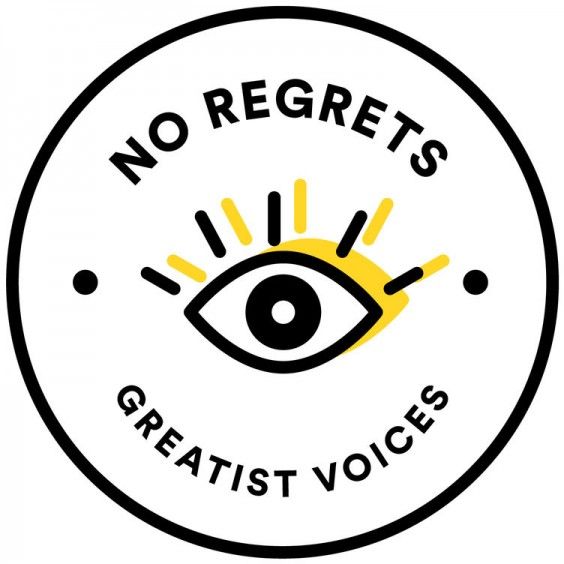
Last week, a client said to me, “Yeah, but my sister has a bigger apartment, and I’m getting frustrated in my small place.”
My client, Laura, lives in a constant state of comparison with her twin sister. It doesn’t seem to matter what she’s comparing—apartment size, attention from their mother, number of Facebook friends… she always evaluates her life based on her twin’s progress.
In reality, Laura does not have a small place—she has a three-bedroom apartment in downtown NYC. But it’s rarely about the actual circumstances when it comes to comparison craziness. In fact, I remember reading not long ago about how we’d rather earn $80,000 if that meant earning more than our college peers who earned $50,000—versus making $100,000 were all our peers to make $150,000.
Because it’s not the number, it’s the rank on the ladder.
Hey, I’m guilty of playing the comparison game more than I should too. But the more I think about, I can’t help but wonder, Isn’t this madness?
It reminds me of the Aesop fable “The Dog and the Shadow” (found here on page 23). It’s about a dog walking home with a piece of meat in his mouth. On his way home, he crosses a river and sees his reflection in the water, but he mistakes his reflection for another dog and wants what appears to be his piece of meat. As he opens his mouth to snatch the meat away from his reflection, the meat falls into the river—and he walks away with nothing.
How might this apply to your life?
Do you count someone else’s money?
Do you think other people are having all the fun with their #roseallday snaps?
Do you only measure your fitness against a particular Instagram influencer?
Here are some ways to combat the judgments we make against ourselves when we see someone with a (figuratively) better piece o’meat:
1. Welcome contrast as useful.
Desire, which can appear as a pang of envy, can be helpful. It can often show us what we want—to live in a certain city, to have a particular kind of relationship, to achieve this or that… So the next time you see someone you feel envious of, you can silently thank them for helping you craft your next goal. It’s just day-to-day data gathering.
2. Pay attention: Do you always compare yourself to a particular person or thing?
Like Laura, is there one person, in particular, you’re comparing yourself to? When we focus too much on another person, we run the risk of developing an unhealthy fixation rather than learning about our own desires, and may need to help ourselves. In some cases, therapy is the solution. In other cases, writing down how we feel, distracting ourselves with different activities, losing social media triggers (unfollow!), and even using the rubber-band technique—put one on your wrist and ping it when you have compare-and-despair thoughts—can all help.
3. Get away from it all.
Can you—just for a week—give yourself a pass and refuse to compare yourself to anyone at all? Maybe this will be a mini digital detox: saying “no” to events that pop up and spending more time alone. A friend of mine has what she calls “mini weekend retreats” two-to-three times a year, when she leaves her husband and kids and stays at a hotel for some R&R. I just spent pretty much the entire weekend at home (nothing outdoorsy or social), and I’ve entered a new week just… calm.
In our overstimulated world, taking a break is so underrated. And what you can’t see, touch, or surround yourself with, you can’t compare yourself to. It’s very freeing! And when you spend a little more time being quiet with yourself, good things happen. You get more in tune with what you really want. You’re less influenced by others. You see the world more clearly because the real you is the sole lens, and the only reflection that you see—and that matters—is your own.
Susie Moore is Greatist’s life coach columnist and a confidence coach in New York City. Sign up for free weekly wellness tips on her website and check back every Tuesday for her latest No Regrets column!
